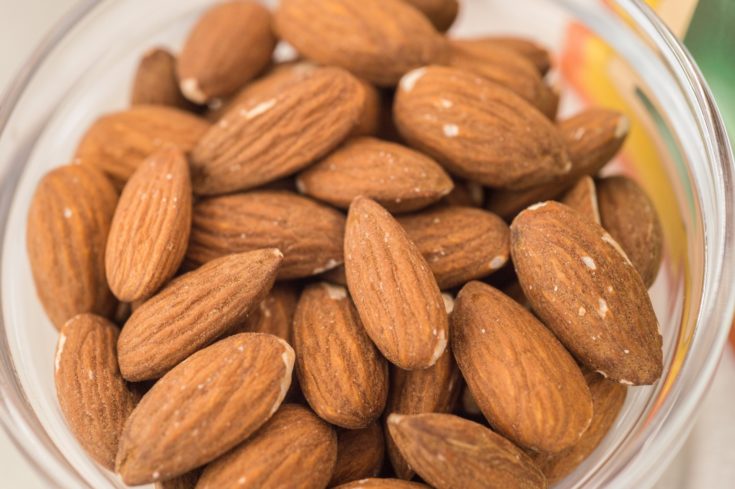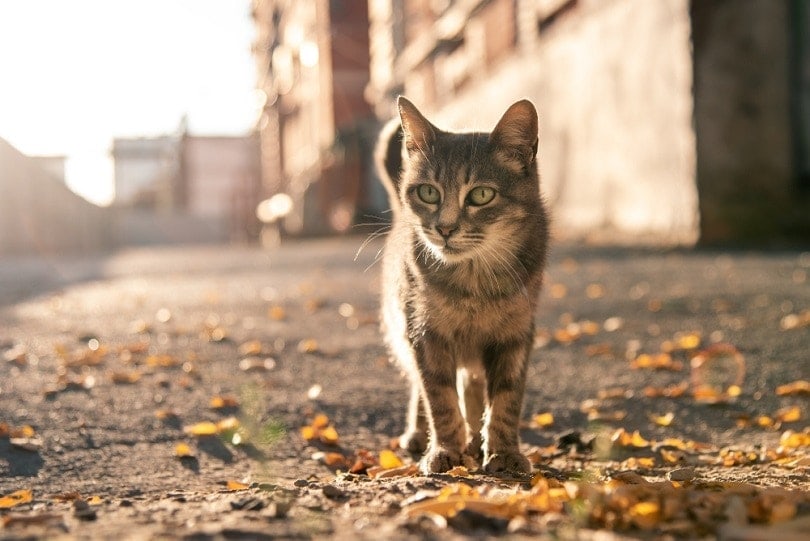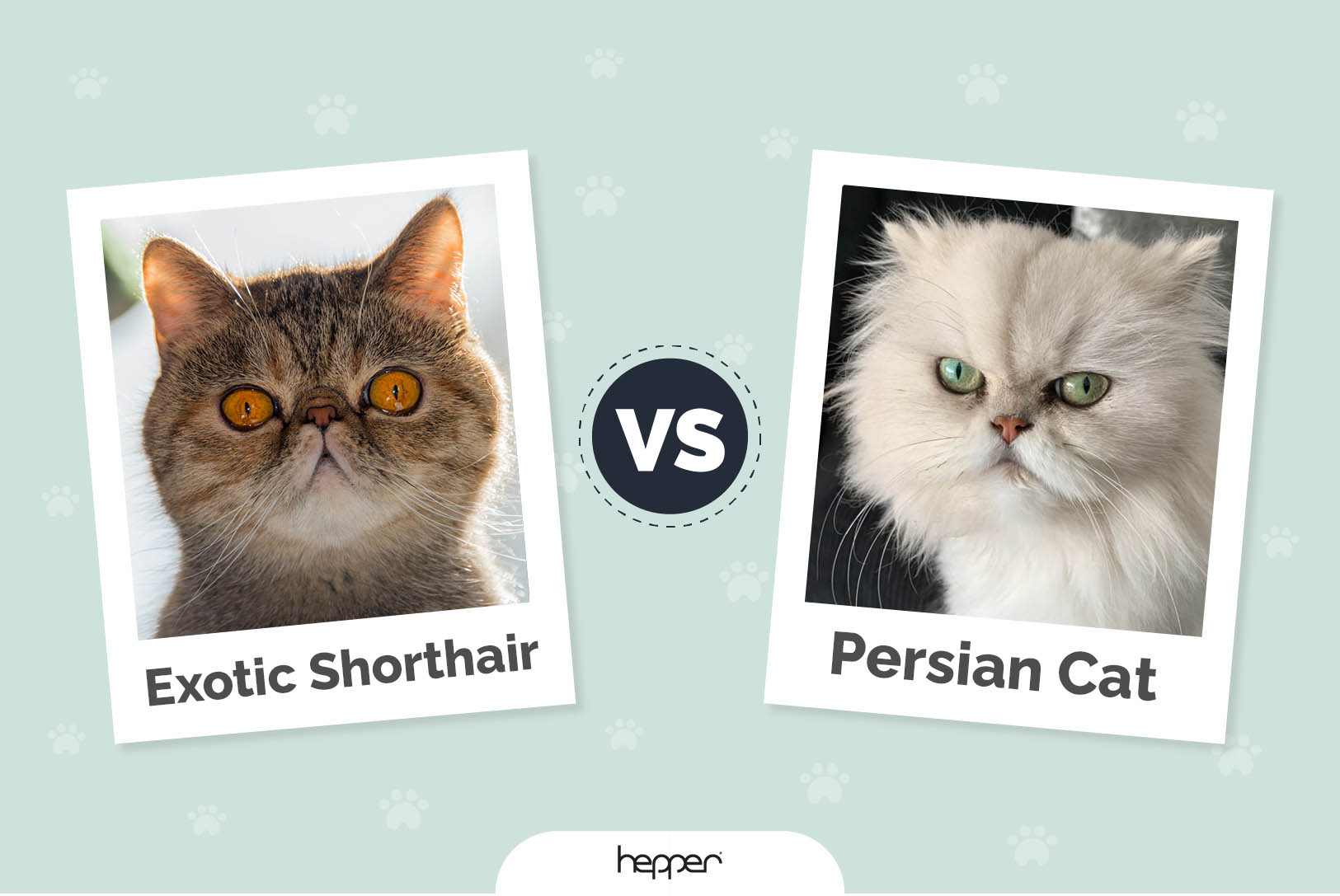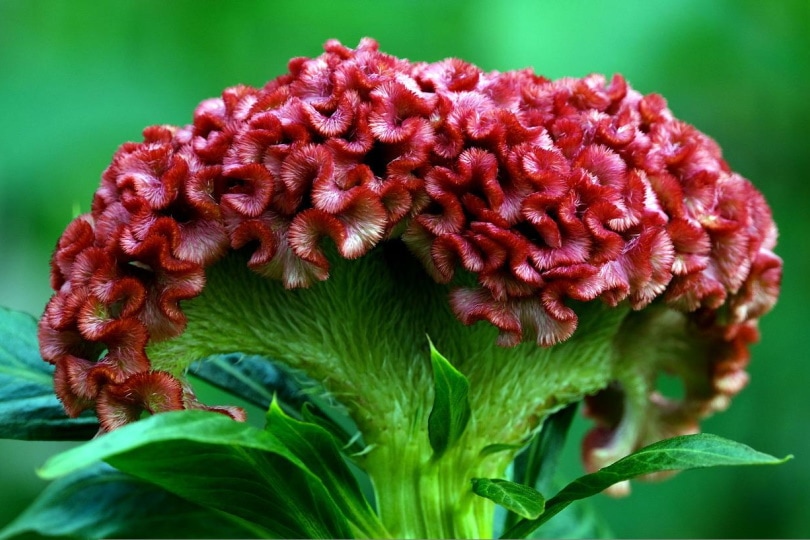Can Cats Eat Pine Nuts? Vet-Reviewed Facts & Risks

By Misty Layne
Updated on
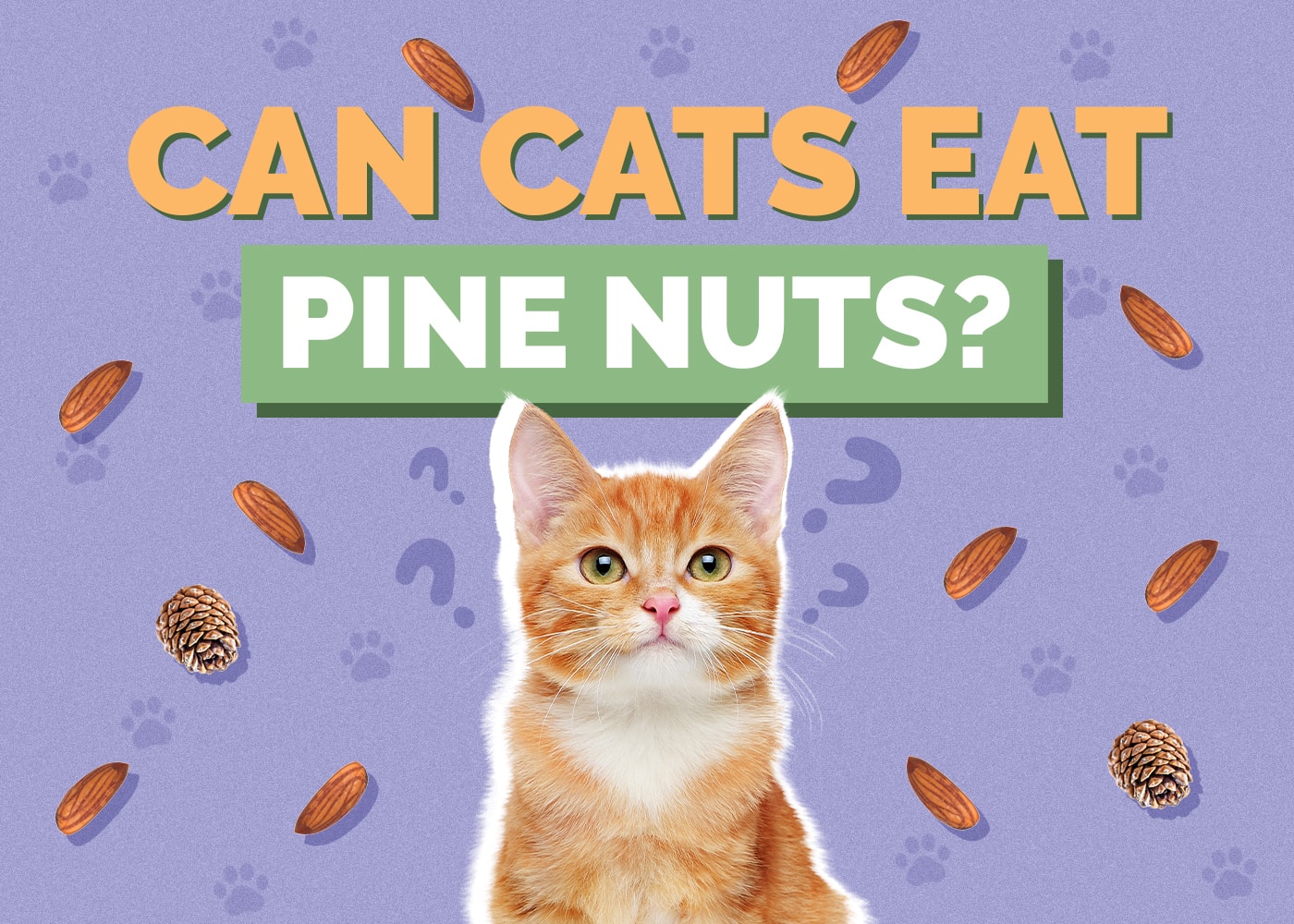
As cat parents, we often wonder just what people foods are safe to feed our beloved pets. If we give them something from our plates, will they get sick, or improve their diet and nutrition?
Some people wonder if it’s okay for cats to eat nuts. They’re good for us humans, so they could be good for our cats, right? One nut that pet parents often ask about is pine nuts. Can cats eat them? The short answer is no, while pine nuts are not toxic to cats, they are not part of their natural diet, they don’t need to eat them, and there are some risks associated with its consumption.
If you’re worried because your cat just grabbed a few pine nuts from the floor or the countertop, continue reading to know more about pine nuts and how they can affect your cat.
What Are Pine Nuts?
Despite the name, pine nuts aren’t nuts; they are the edible seeds from pine trees. In the U.S., they usually come from the pinyon pine (Pinus edulis), but they may also come from other pines. You’re probably most familiar with them being used as ingredients in foods like pesto sauce.
What Nutrients Do Pine Nuts Have?
While we know pine nuts are not toxic to cats, do cats get any benefits from eating them? Not really. Pine nuts contain protein, which is vital to a cat’s diet; however, cats need animal protein because they are strict carnivores. Additionally, pine nuts have an extremely high fat content, which cats don’t necessarily need.
Pine nuts also contain calcium, iron, phosphorus, magnesium, potassium, zinc, vitamin E, and other minerals and vitamins that are important for cat’s health. However, cats should receive all the nutrients they need from their complete and balanced food they are fed, and you shouldn’t rely on treats such as pine nuts to supplement their diet.

Are Pine Nuts Toxic for Cats?
No, pine nuts are not toxic for cats according to any studies. However, if they eat too many, it could cause digestive issues due to the high amount of fat pine nuts contain. Cats typically don’t (or, at least, shouldn’t) eat diets rich in fat, so the amount of fat here could make them ill.
We should also note that you should always be careful in giving any seed or nut to your cat. Cats have a higher risk of choking on nuts because they are small. They could cause obstructions in the intestine, esophagus, or stomach if eaten with the shell.
What Happens if My Cat Eats a Lot of Pine Nuts?
Pine nuts are high in fat and calorie-dense foods, while cats need some fat in their diet, eating a lot of pine nuts can cause a variety of signs in your cat, primarily digestive. These can include upset stomach, diarrhea, vomiting, and lack of appetite. A high consumption or eating pine nuts for a long period of time could lead to problems of excess weight and poor quality of gut microbiota.
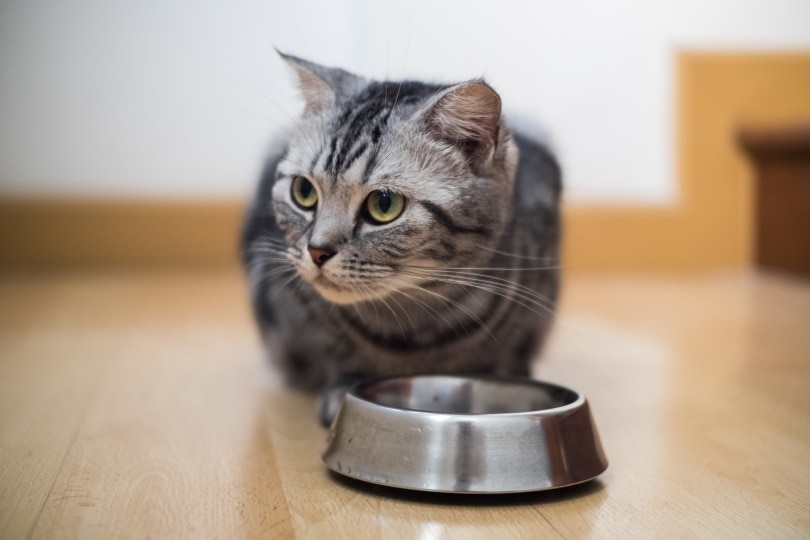
What Do I Do if My Cat Overeats Pine Nuts?
If your cat somehow manages to get their paws on a whole bunch of pine nuts, you should contact your vet and follow their advice because the risk depends on your cat’s health. If you notice any signs, such as drooling, vomiting, diarrhea, lack of appetite, or lethargy, you should immediately take your cat to the vet to have them checked out.
Are There Any Nuts That Are Safe for Cats?
While most nuts aren’t technically toxic for cats, it’s safer to avoid feeding them to your cat. Some nuts are a big no, while others should not cause any health problems if your cat manages to eat a tiny amount of them. These are:
- Plain, unsalted peanuts outside the shell
- Plain, roasted, shelled cashews
- Plain hazelnuts
What Nuts Shouldn’t Be Fed to Cats?
The list of nuts you should never give your pet include:
- Old or moldy walnuts. Of course, you wouldn’t give your pet moldy food, but some nuts are simply prone to mold, and your cat could get into them. Old or moldy walnuts could cause seizures.
- Seasoned or spicy nuts. Any nut with seasoning can pose a risk to your cat. Garlic powder is toxic to cats and other spices can irritate your cat’s mouth and digestive system.
- Macadamia nuts. These types of nuts are toxic to dogs, and while it’s not clear if they are as dangerous for cats, it’s safer to steer clear of them.
Conclusion
If your cat manages to steal a pine nut, it’s no big deal. However, you should not offer them to your cat looking for health benefits. If they overindulge, you risk running into problems, most likely gastrointestinal issues. Furthermore, eating too many pine nuts too often could lead to further issues, such as obesity or gut problems. And, nuts, in general, can be iffy to give your feline friends due to the risk of choking or internal obstruction. There are many vet-approved cat treats out there if you want to indulge your cat from time to time.
Related Read:
Featured Image Credit: Waldrebell, Pixabay





